A Filipino pope?
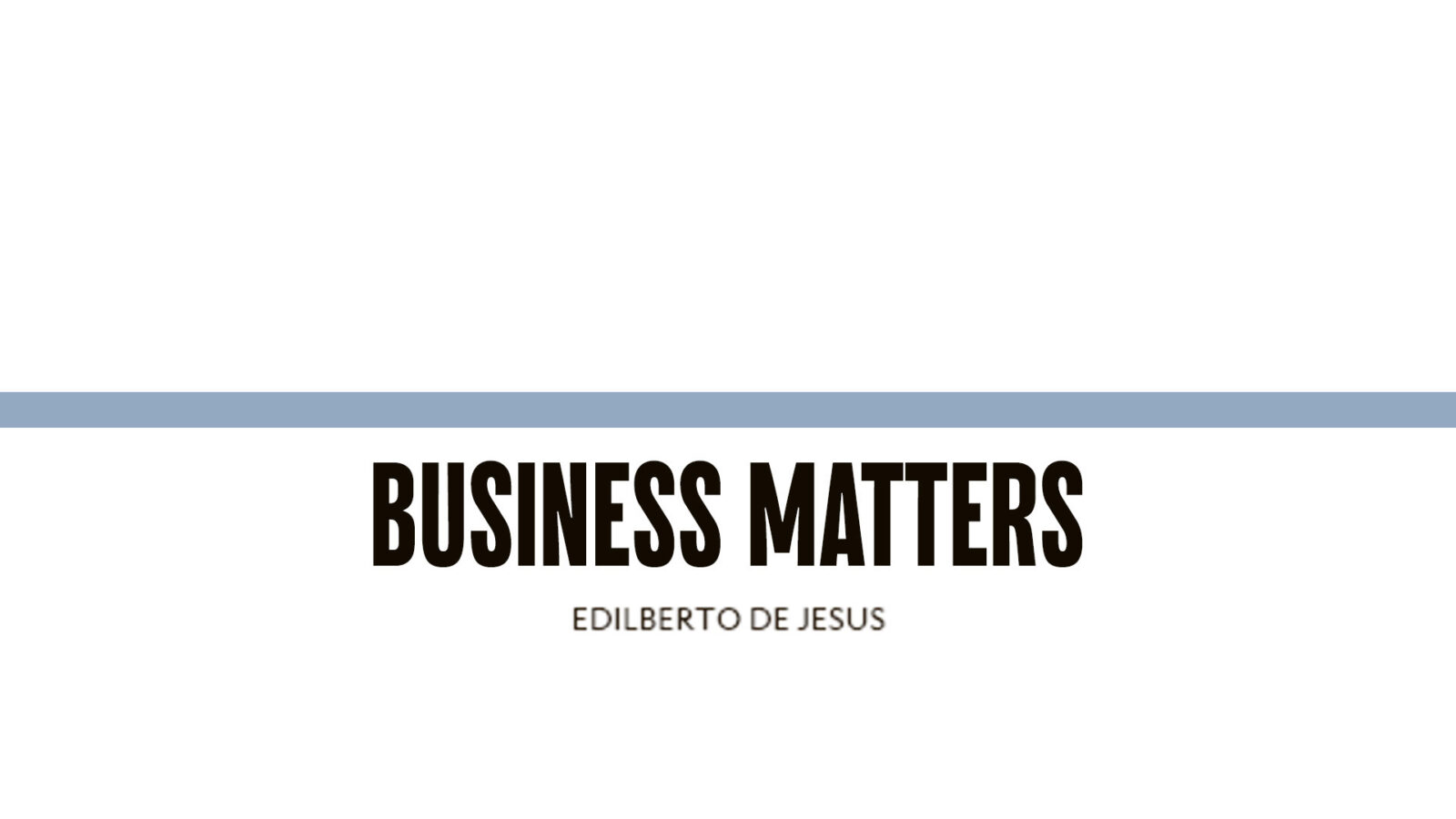
It took nearly 440 years after the arrival of Christianity in the Philippines before the first Filipino, Rufino Jiao Santos, joined the College of Cardinals in 1960. Another 52 years passed before Pope Benedict XVI gave the red hat in 2012 to a seventh Filipino, Luis Antonio Tagle. By the 2013 conclave to choose Benedict XVI’s successor, Cardinal Tagle had emerged as a papabile, a potential pope. The secret conclave process cannot show if Tagle received any vote. As the saying goes, many cardinals enter the conclave as papabile and exit as a cardinal. But early betting on the 2025 conclave favors Tagle at second place.
Tagle’s ranking rests heavily on the regard for the legacy of Pope Francis. A pastoral style similar to the pope and identification with his priorities have led to Tagle being tagged the “Asian Francis.” Pope Francis appointed Tagle as prefect of the Congregation for the Evangelization of Peoples in 2019, promoted him to cardinal-bishop, the highest rank in the college, and entrusted him with greater responsibilities. In 2022, Francis established and took direct leadership of a new department to oversee Church activities in the “peripheries.” He named Tagle pro-prefect for First Evangelization and New Particular Churches to support their mission until they were self-sustaining. The mandate included support to build their churches, seminaries, schools, and hospitals. Aligned to this task was Tagle’s appointment in 2021 to the Administration of the Patrimony of the Holy See, the office responsible for the Vatican’s real estate and financial investments.
The Vatican is a spiritual institution. It is also a state. The papabile must manage a well-entrenched bureaucracy and a global citizenship of broad cultural, political, and economic diversity. The last major assignment from Pope Francis combined pastoral and diplomatic duties. In May 2024, Tagle presided as the Pope’s special envoy at the closing Mass of the 10th National Eucharistic Congress in Indianapolis. Encouraging Eucharistic devotions, the event also helped strengthen ties with the American Church. Dealing with national churches must consider diplomatic complexities arising from differences in religious priorities and sensibilities.
The Philippines is the third largest Catholic country, after Brazil and Mexico, and the oldest and biggest in Asia. Under Spain and the United States, it has absorbed elements of Western culture, enabling easier access to global opportunities. Millions of Filipino workers and migrants bring their faith across the world, impressing even non-Catholics with their religiosity. The Philippine Church has also contributed to the exploration of doctrinal issues. Carlos Abesamis, SJ; Bishop Julio Labayen, OCD; Mary John Mananzan, OSB; Catalino Arevalo, SJ; Leonardo Mercado, SVD; and Horacio de la Costa, SJ, have addressed the themes of liberation theology, inculturation, and synodality. They remain relevant as populism and the resurgence of racism, misogyny, and authoritarianism have deepened societal inequities. Experienced in the Philippines, these problems raise questions about the faithful’s understanding and practice of religion.
Some weeks before Cardinal Tagle gained global media coverage, it was former president Rodrigo Duterte hitting the international headlines after his ICC arrest to stand trial for crimes against humanity. The same soil can grow good and bad seeds. Duterte publicly and vulgarly cursed the pope faithfully served by Tagle. The two have espoused clashing views on religion, morality, and the Church. Now both globally prominent, their paths have intersected, recalling their earlier engagements with each other. Colleagues and friends had expressed disappointment that Tagle had not taken a stronger stand against the extrajudicial killings in Duterte’s drug war. Pope Francis had also faced criticism as the Jesuit provincial superior in Argentina (1973-79) for alleged inaction on human rights abuses during the military dictatorship’s Dirty War, even those inflicted on two of his priests.
To second-guess how Tagle should have dealt with Duterte would, perhaps, be unfair. Trust and approval surveys would doubtless have given Tagle high, positive results—such as Duterte has consistently enjoyed. But it is hard to understand how respondents, noted for their religiosity in a still Catholic country, would award equally commendable ratings to a papabile in the Vatican and an indicted criminal in The Hague. After 500 years of Catholicism, why do pious Filipinos continue to tolerate massive corruption, oppressive poverty, and brazen violation of human rights? Such tensions between values and behavior confront the whole Church; how can we explain the support of many Catholics for Donald Trump?
How can the Church, clergy, and laity in synodality address this dissonance? How might a Filipino pope serve to promote this process? Questions, perhaps, not unfair to ask.
—————-
Edilberto C. de Jesus is professor emeritus at the Asian Institute of Management.
—————-
Business Matters is a project of the Makati Business Club (makatibusinessclub@mbc.com.ph).




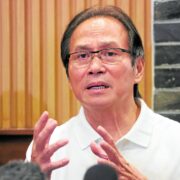

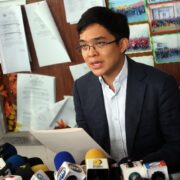
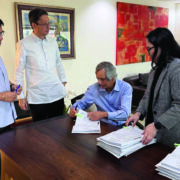


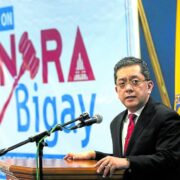
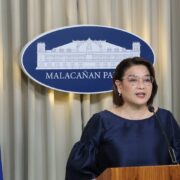
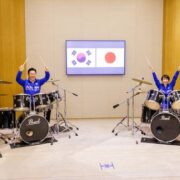
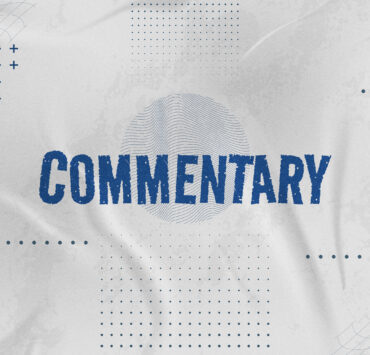

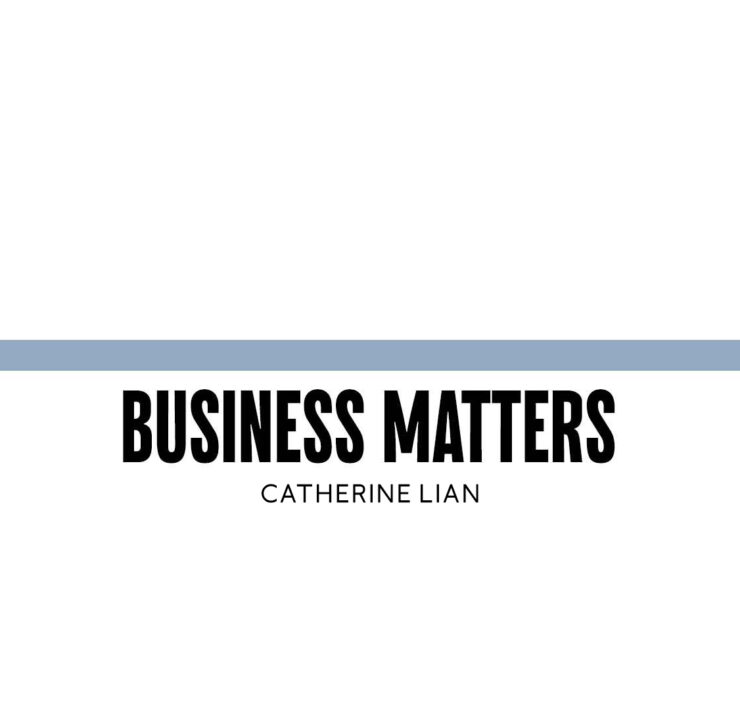
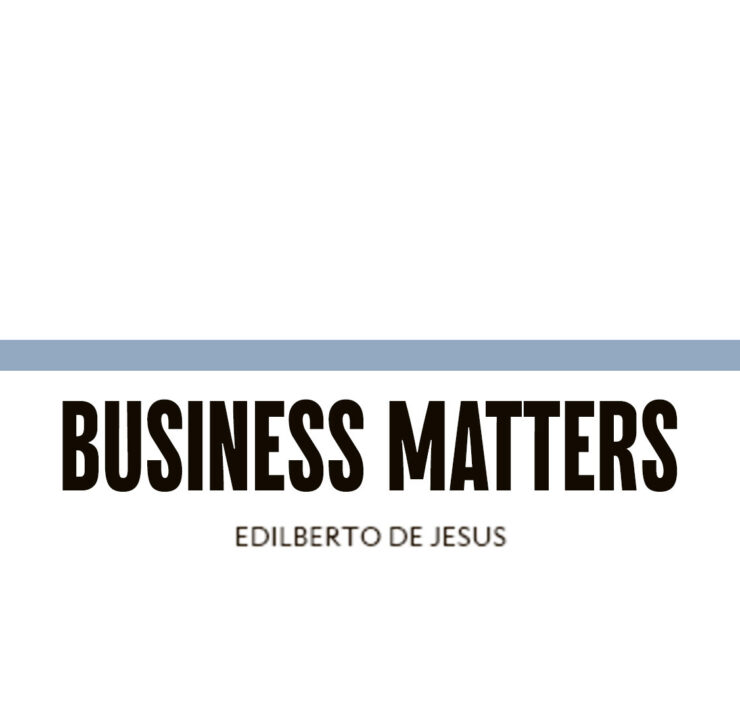
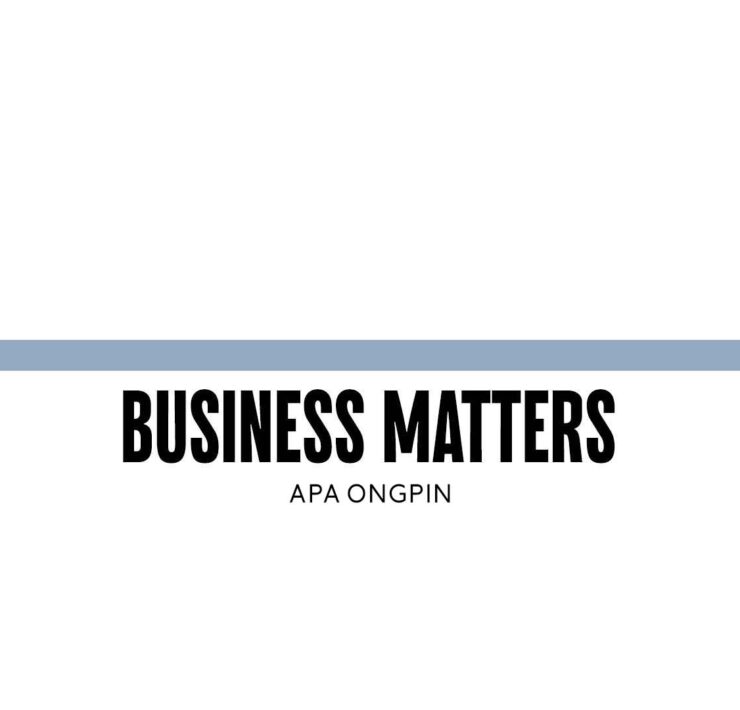
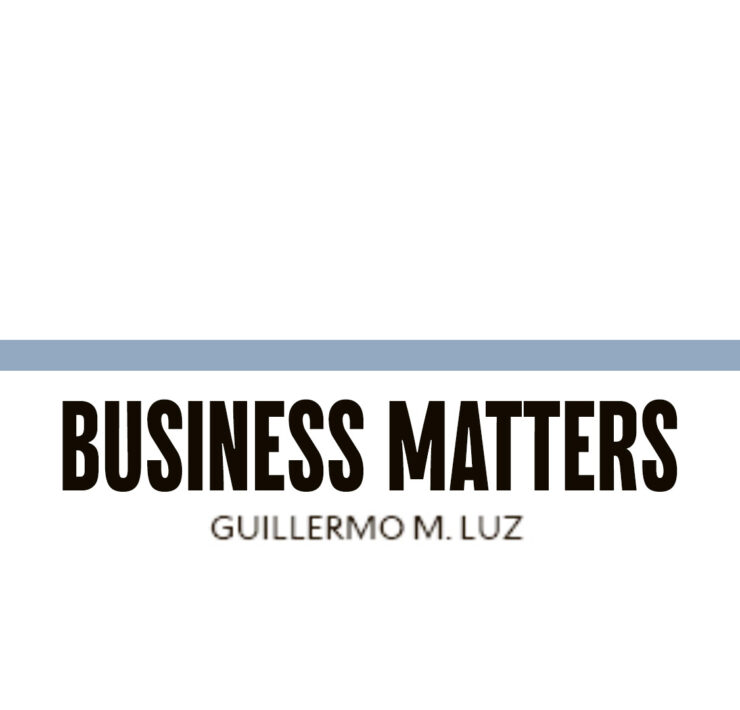


Rethinking the Asean power grid